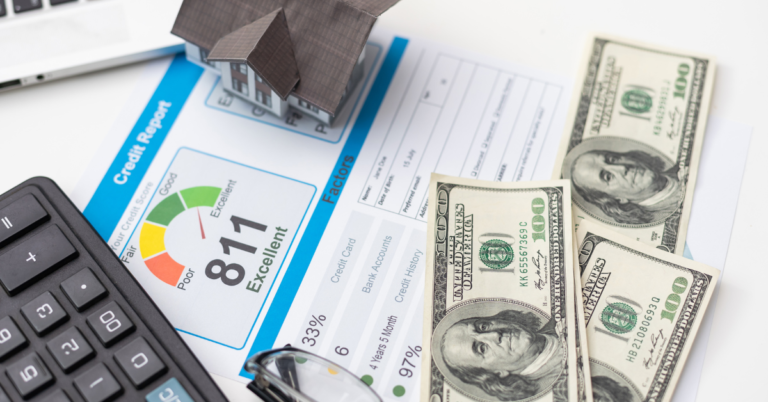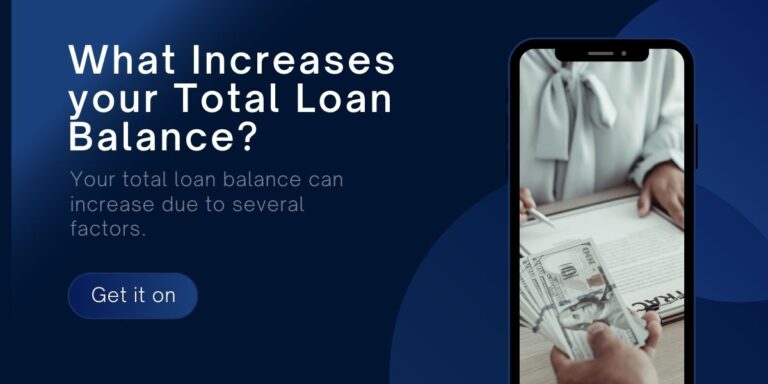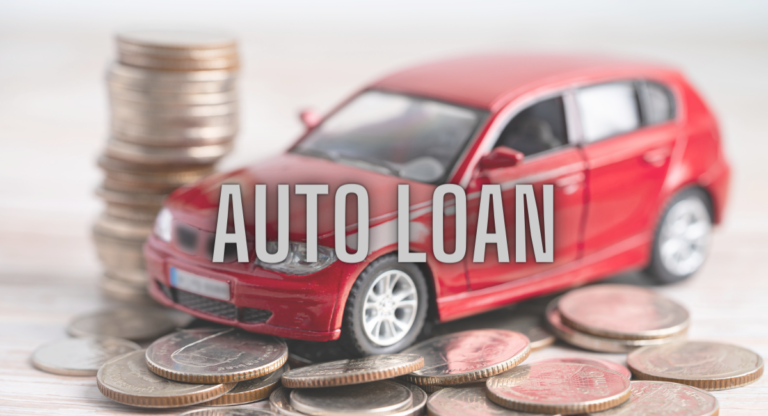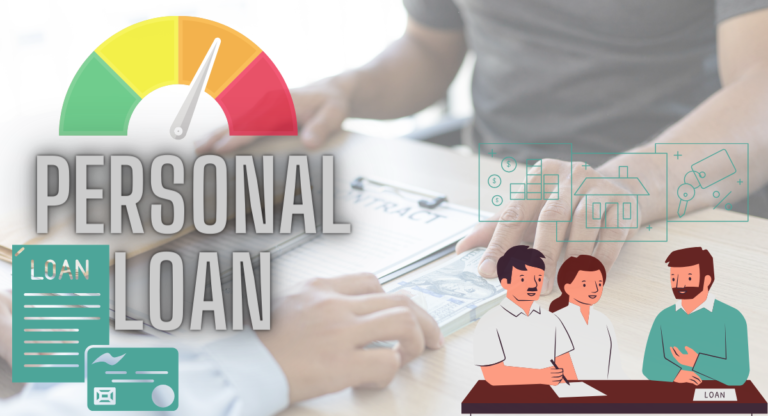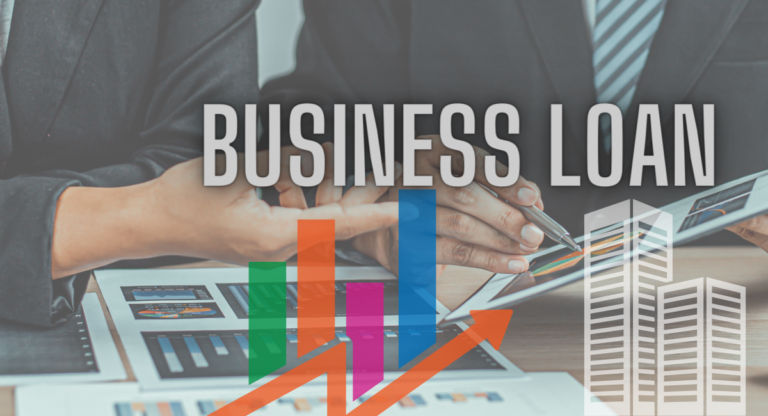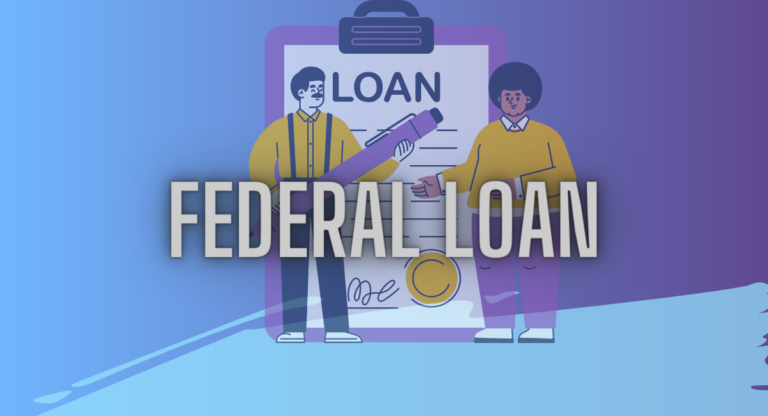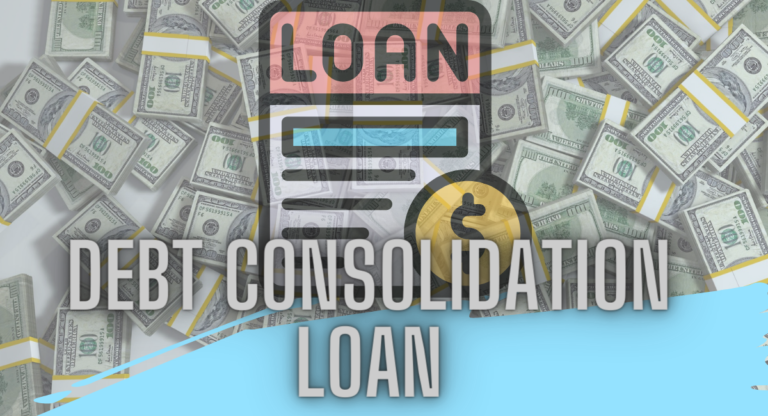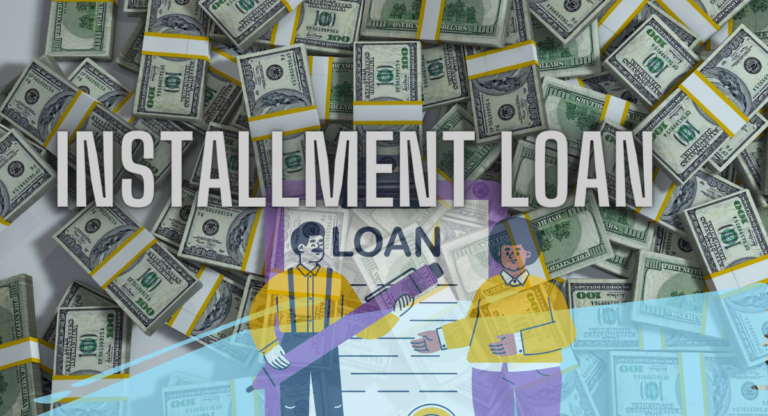A payday loan is a short-term, high-interest loan typically intended to cover expenses until the borrower’s next payday.
Payday loans provide quick access to cash for individuals facing immediate financial needs, helping cover expenses such as unexpected bills or emergencies.
They often come with high-interest rates and should be approached with caution due to potential debt risks.
What is a Payday Loan?
A payday loan is a short-term loan that you can get quickly, usually to cover urgent expenses. People often use it when they need money before their next paycheck.
To get a payday loan, you apply at a store or online, and the lender looks at your income and job to decide if you qualify.
The loan amount is a portion of your paycheck, and you usually have to pay it back, along with high fees and interest, on your next payday. If you can’t pay it back in full, you might have to pay extra fees to extend the loan.
Payday loans can be costly, with very high interest rates, so it’s recommended to consider other options before choosing this type of loan. Some places also have rules to protect people from unfair payday lending practices.
How Payday Loans Work?
Payday loans are short-term loans designed for people who need quick cash before their next paycheck. The process typically involves applying for the loan either in person at a storefront or online. Unlike traditional loans, payday lenders often don’t heavily consider the borrower’s credit history.
Upon application approval, the borrower receives a loan amount based on a percentage of their regular income.
To secure the loan, the borrower may provide a post-dated check for the full amount, including fees, or authorize the lender to withdraw the funds directly from their bank account on the due date.
It’s crucial to understand that payday loans come with high fees and interest rates, leading to a costly borrowing experience.
The repayment period is short, usually due on the borrower’s next payday. If the borrower cannot repay the full amount by then, they may have the option to extend the loan by paying additional fees.

Is Debt Consolidation a Good Reason to Get a Loan?
How Hard Is It to Get a Debt Consolidation Loan?
Does a Consolidation Loan Hurt Your Credit Score?
What Increases your Total Loan Balance?
payday loan bad credit
Payday loans are sometimes seen as an option for people with bad credit because these lenders often don’t check credit scores much. However, they usually charge very high interest rates and fees, making them expensive.
These loans are meant to be short-term fixes and are due when you get your next paycheck. If you can’t pay on time, you might end up paying more fees and getting stuck in a cycle of debt.
While payday loans can be available to those with bad credit, it’s important to be cautious and consider other options. Before going for a payday loan, it’s a good idea to explore different ways to manage money, like getting advice from financial experts or looking into loans with better terms.
payday loan interest rates
| Amount | Up to ₹20 Lakh |
| Interest Rate | 9.9% to 45% p.a |
| Foreclosure Fee | Nil |
| Tenure | Up to 72 months |
How to Get a Payday Loan?
To secure a payday loan, there are multiple avenues available, including online applications through various loan providers or in-person visits to local providers, typically smaller lenders with physical stores.
To initiate a payday loan application, you’ll need to furnish a few essentials, including a bank account and a government-issued ID. Proof of income is crucial, often demonstrated through work pay stubs. The loan amount is usually determined as a percentage of your income.
In some cases, your wages may serve as collateral, allowing the lender to automatically deduct a portion of your wages to repay the loan. It’s noteworthy that payday loans generally do not involve a credit check, and your ability to repay the loan is typically assessed based on your income.
It’s essential to carefully review the terms and conditions, including interest rates and fees associated with the payday loan, and be aware of your repayment responsibilities.
Before opting for a payday loan, explore alternative financial solutions and be mindful of local regulations to ensure a transparent and fair lending experience.
frequently asked questions
How do I apply for a payday loan?
You can apply for a payday loan online through various lenders or in-person at local storefronts. Basic requirements usually include a bank account, government ID, and proof of income, often in the form of pay stubs.
Can I get a payday loan with bad credit?
Yes, payday loans are often available to individuals with bad credit since lenders typically focus more on income than credit history. However, they usually come with high fees and interest rates.
How much can I borrow with a payday loan?
The loan amount is typically a percentage of your regular income. Lenders consider your income to determine the maximum amount you can borrow.
When is the loan due?
Payday loans are usually due on your next payday. The repayment period is short, usually within a few weeks, making them a short-term borrowing solution.
Are there alternatives to payday loans?
Yes, alternatives include personal loans, credit union loans, negotiating with creditors, or seeking financial assistance from friends and family. Exploring these options can often provide more favorable terms.
Are payday loans a good idea?
Payday loans can be costly, and many financial experts advise against them. It’s crucial to understand the terms, explore alternatives, and consider the potential consequences before opting for a payday loan.


